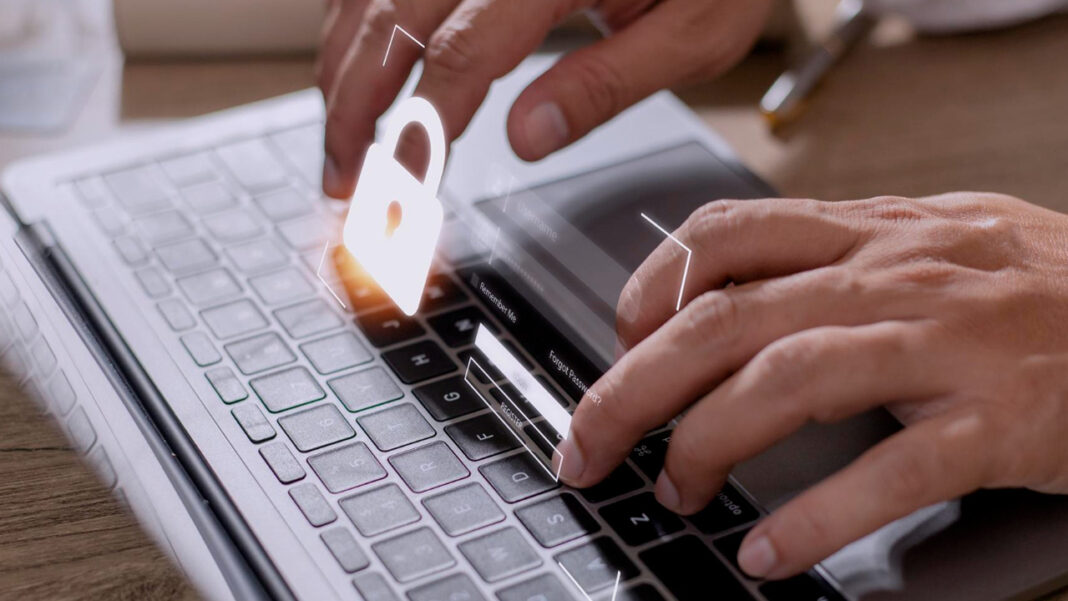It’s 2023, and yet millions of people are still using weak and easy-to-guess passwords. The renowned password management tool NordPass has partnered with independent researchers to analyze the most commonly used passwords in the world. Surprisingly, ‘123456’, ‘admin’, and ‘password’ continue to dominate the list. These weak passwords put your online accounts at significant risk, especially as cyberattacks continue to rise. In this article, we provide a breakdown of the top 20 worst passwords of 2023 and offer tips on how to improve your online security.
Why Are Weak Passwords Still So Common?
According to NordPass, many users still choose simple numerical sequences like ‘123456’, ‘12345’, and even ‘000000’. These basic passwords take hackers less than a second to crack. Some users opt for easily guessable words such as ‘password’, ‘Netflix’, ‘Disney’, and even ‘Iloveyou’. Ironically, the data reveals that people use stronger passwords for their email and social media accounts than streaming services.
So, why do people persist with these weak password choices? Unfortunately, convenience plays a large role. Remembering multiple complex passwords for various online accounts can be challenging. However, this is not an excuse for putting your personal information at risk.
Most Common Passwords Of 2023 And How Fast They Can Be Cracked
- 1. 123456: Less than one second
- 2. admin: Less than one second
- 3. 12345678: Less than one second
- 4. 123456789: Less than one second
- 5. 1234: Less than one second
- 6. 12345: Less than one second
- 7. password: Less than one second
- 8. Aa123456: Less than one second
Shockingly, these most common passwords can be cracked in less than a second. This highlights the urgent need for users to prioritize their online security and choose stronger, more robust passwords.
Tips For Creating Complex Passwords And Protecting Your Online Accounts
To improve your online security and avoid becoming a victim of cyberattacks, follow these guidelines when creating your passwords:
- Change your passwords regularly, ideally every three months.
- Your new password should not resemble any of your previous ones.
- Create unique passwords for each of your accounts.
- Make sure it is at least 20 characters long and includes numbers, uppercase and lowercase letters, and special symbols.
- Always enable two-factor authentication (2FA) for an added layer of protection.
Avoid using predictable words or phrases based on your personal life, such as family names, pets’ names, and favorite hobbies. Hackers may use social engineering tactics to guess your password since these details are easily accessible through social media profiles.
Moving Beyond Passwords With Advanced Authentication Methods
In light of the need for improved online security, Tomas Smalakys, Chief Technology Officer at NordPass, suggests alternative authentication methods are essential. Passkey technology, used by some password management tools, is a promising innovation that could replace passwords.
Other future-proof alternatives include biometric authentication methods, such as fingerprint scans, facial recognition, and voice recognition. These advanced technologies provide greater security by eliminating the need to remember multiple complex passwords while remaining unique to each individual user.
In Summary
The fact that basic passwords like ‘123456’ and ‘password’ continue dominating the lists of most common choices demonstrates the urgent need to improve our online security habits. Cybersecurity threats show no signs of slowing down, making it critical to protect your personal information with robust passwords. Prioritize your online safety, update your passwords regularly, and explore advanced authentication methods to safeguard your digital life effectively.





